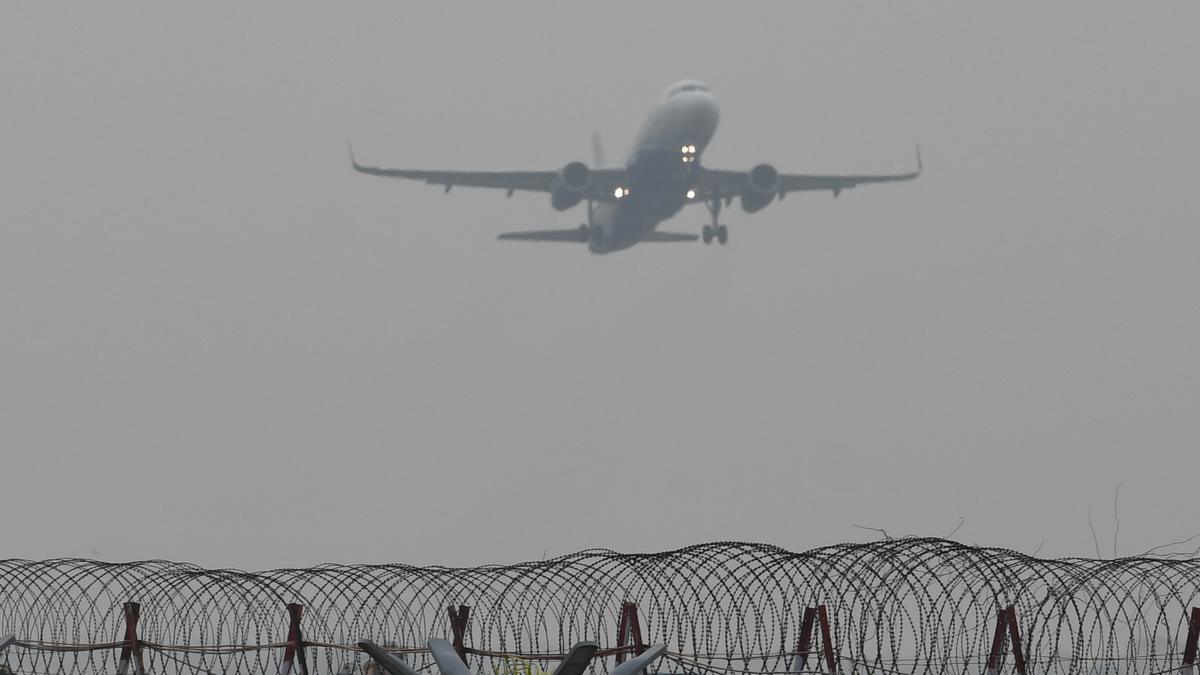Now Reading: Parliamentary Panel Calls for Independent, Autonomous Aviation Safety Regulator
-
01
Parliamentary Panel Calls for Independent, Autonomous Aviation Safety Regulator
Parliamentary Panel Calls for Independent, Autonomous Aviation Safety Regulator

Rapid Summary
- A parliamentary panel recommends establishing a new aviation watchdog with “full autonomy” too address staffing crises and aviation safety shortcomings.
- The Directorate General of Civil Aviation (DGCA) currently faces a 50% shortfall in technical and regulatory personnel, with only 553 out of 1,063 sanctioned posts filled.
- The Committee’s report highlights concerns about the DGCA’s inability to meet its oversight duties due to inadequate staffing amidst rapid industry expansion post the June 12 Air India crash that killed 269 people in Ahmedabad.
- Recommendations include creating a new regulator through thorough legislation, focusing on technical expertise and independence from retired bureaucrats or Ministry officials.
- Current recruitment structures via UPSC are labeled slow, while deputations from the Indian Air Force fail due to issues like loss of service benefits for defense officers joining DGCA roles.
- Observations suggest that human resource inadequacies contribute directly to system vulnerabilities like ineffective audits and surveillance.
Indian Opinion Analysis
The parliamentary panel’s recommendation for an independent aviation watchdog signifies an urgent need for institutional reform within India’s aviation sector. The ongoing challenges at the DGCA-especially staffing deficiencies-undermine its ability to ensure safety standards at a time when air travel is experiencing notable growth. Introducing full autonomy for regulatory oversight could strengthen operational independence and technical proficiency, vital factors in maintaining public confidence after highly visible incidents like the June air crash.However, successfully addressing systemic inertia will require political will and decisive execution of reforms proposed a decade ago. Entrusting leadership positions solely to domain experts may bring focused improvements but would necessitate careful implementation without disrupting broader governance dynamics. Achieving parity in compensation structures relative to private industry norms could also help attract skilled professionals critical for bridging competency gaps. As India deepens its position as an aviation hub globally, this debate carries implications not just domestically but also across international partnerships reliant on India’s operational efficiency.
Read more: The Hindu























